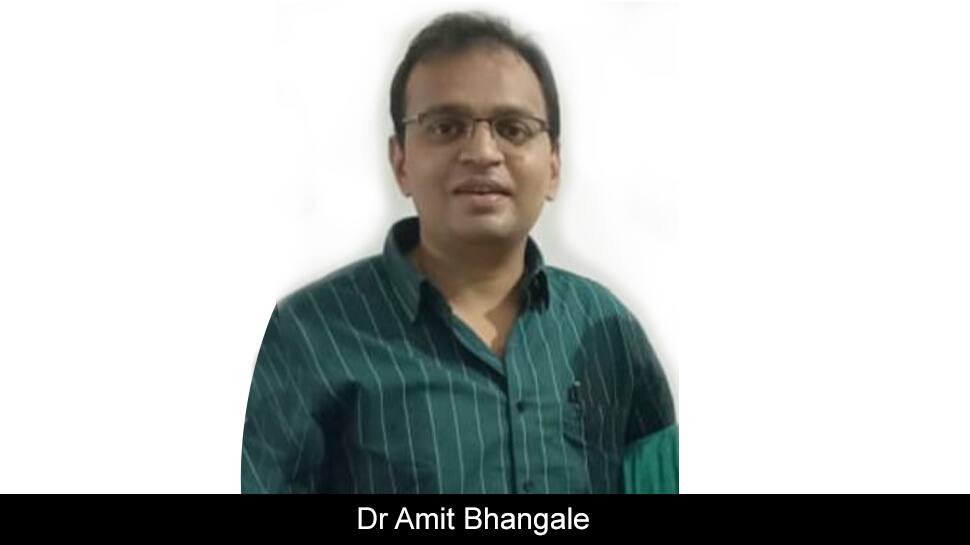Importance of low-sodium diet
Sodium: Sodium is an essential element that is naturally found in many foods. The body requires a small amount of sodium in the diet to control blood pressure and blood volume. Body needs some sodium to function properly because of it:
- Helps maintain the right balance of fluids in your body
- Helps transmit nerve impulses
- Influences the contraction and relaxation of muscles
The kidneys naturally balance the amount of sodium stored in your body for optimal health. But if for some reason your kidneys can't eliminate enough sodium, the sodium starts to build up in your blood. Because sodium attracts and holds water, blood volume increases, which makes your heart work harder and increases pressure in your arteries. Such diseases as congestive heart failure, cirrhosis and chronic kidney disease can make it hard for your kidneys to keep sodium levels balanced.
Most people consume many times the amount of sodium needed. A healthy level of sodium in the diet contains fewer than 2.3 grams (about the amount of sodium in one teaspoon) of sodium each day. People with certain medical conditions such as high blood pressure, kidney disease, and heart problems can benefit from a diet that is lower in sodium.
Reducing sodium intake lowers blood pressure in people with high and borderline high blood pressure. Reducing sodium can also help to prevent the collection of fluid in the lower legs or abdomen. People with chronic kidney disease and heart failure must control sodium intake to prevent volume overload, which increases blood pressure and causes swelling.
Switching from a higher-sodium diet to a lower-sodium diet can modestly reduce blood pressure in people who have normal blood pressure. In addition to directly reducing blood pressure, a lower sodium intake may also enhance the effectiveness of high blood pressure medications and other non-drug treatments, such as weight loss.
Several professional organizations have issued evidence-based guidelines for reducing sodium intake. Most clinicians agree that people with high blood pressure should consume less than 2300 milligrams (2.3 grams) of sodium per day. People with other conditions may be advised to consume even less.
Sodium: What are the major dietary sources?
- Processed and prepared foods. The vast majority of sodium in the typical diet comes from foods that are processed and prepared. These foods are typically high in salt and additives that contain sodium. Processed foods include bread, pizza, cheese, soups, fast foods, and prepared dinners, such as pasta, meat and egg dishes.
- Natural sources. Some foods naturally contain sodium. These include all vegetables and dairy products.
Tips for cutting down on sodium in the diet
- Fresh fruits and vegetables are naturally low in sodium. In addition, a diet rich in fruits and vegetables provides additional benefits. The DASH diet (Dietary Approaches to Stop Hypertension) is a well-known intervention.
- Avoid fast food. If this is not possible, choose restaurants that offer fruits or vegetables without sauces or dressings. Ask that no salt be used to prepare food, when possible.
- Opt for low-sodium products. If you do buy processed foods, choose those that are labelled low sodium.
- Try to avoid products with > 200 mg of sodium per serving.
- Read labels for serving size and sodium content on canned, bottled, and frozen foods.
- Make a list of healthy low-sodium foods to substitute.
- Do not add salt to your food before eating.
- Avoid products that contain sodium carbonate or sodium bicarbonate. (Sodium bicarbonate is another name for baking soda.)
(Disclaimer: Brand Desk Content)
















